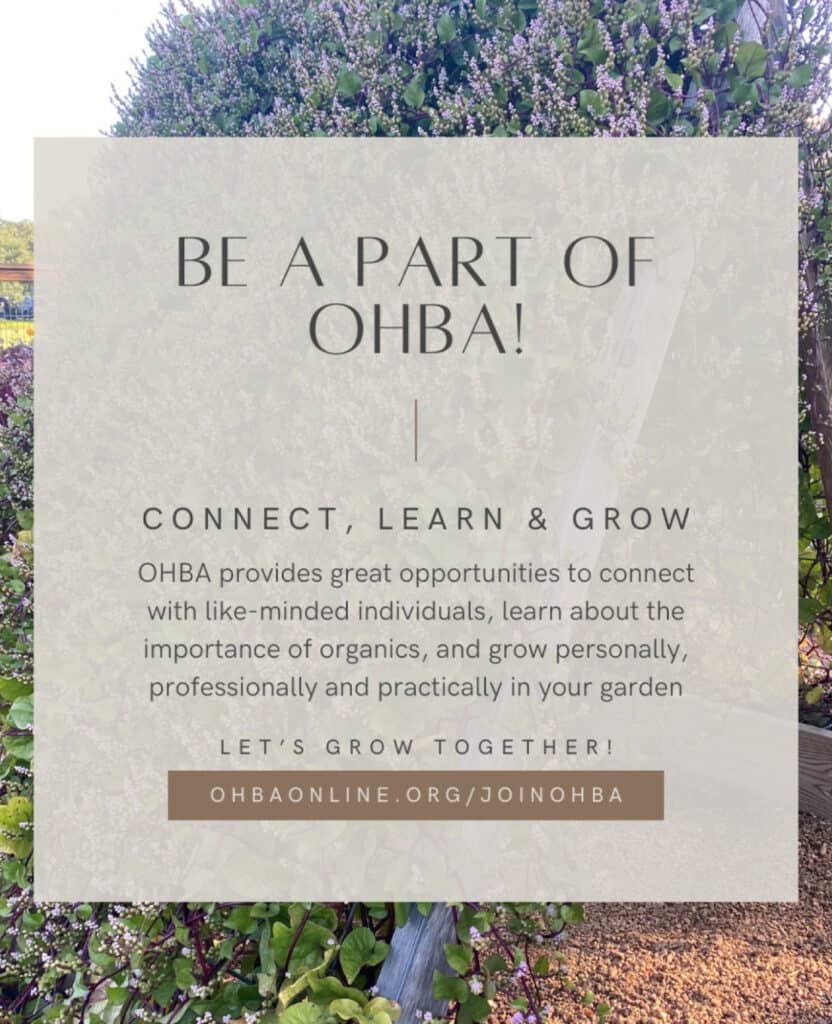John's Corner:
Soil & Plants (Part 145)
News from the Wonderful World of Soil & plants 145
By: John Ferguson
We all know that corrugated materials are stronger than flat sheets (corrugated tin, plastic sheets, etc.). Researchers published a paper in the journal Nature (2020) where they found similar structures but much more effective, in the Ironclad Beetle known for being run over by a car and just walk away as nothing had happened.
An analysis of the beetle’s armor has revealed overlapping and interlocking ridges that absorb impact and can survive crushing forces of 39,000 times its own body weight. Every time I read an article like this, I remember the Bible verse “study nature and let it teach you”.
The “Organic Center” released a paper on the environmental benefits of buying products made from organics cotton (sheets and bedding to face masks). Conventional (translated = produced using extremely toxic chemical rescue methods) methods have serious consequences on the environment from erosion, water pollution, GMO’s, cancer-causing herbicides to the bad health of farm workers, etc.
By contrast organic cotton uses environmentally friendly methods and produces higher quality cotton. Organic cotton uses less water, stores carbon in the soil (fights global warming), safer for farm workers, does not allow GMO varieties of cotton that disrupts the ecosystem, uses biodiversity to manage pests, does not pollute waterways, etc. according to researchers at Iowa State University. Journal of Renewable Agriculture and Food Systems (2021)
Note: According to the USDA conventional cotton alone released 68 million pounds of pesticides into the environment in 2019 in just the United States and people wonder why we have so many health problems.
It is well established that pre-biotics and pro-biotics strengthens our immune system making us more resistant to viruses and other diseases. Many doctors recommend rotating these supplements with different brands to get as many different strains as possible as most only has 6-10 types in them.
A healthy organic soil (or compost) may contain millions of species of beneficial microbes. When we garden using modern organic methods, we are exposed to all these good microbes and they become part of our microbiome (and we are not exposed to the toxic chemicals). Another reason to use modern methods based on soil microbiology.
King’s College London and several other medical research groups, published a paper in the journal Nature Medicine (2021) along the same lines as above. They found strong links between a person’s diet, the microbes in their gut (microbiome), and their health.
They found the microbiome had a larger influence on a person’s health than a person genetics. Some of the microbes they discover have yet to be named while others (Prevotella copri and Blastocystis species) were found to help maintain a good blood sugar level.
When one eats foods treated with toxic chemicals or from GMO crops, one does not get the same benefits as found in organically raised vegetables. The best way to ensure healthy nutrient dense and microbially diverse and rich vegetables, is to grow them yourself.
Speaking of microbes, researchers have discovered that bacteria can tell time. Bacteria have internal clocks (circadian rhythms) that correspond with our planets 24-hour daily cycle. Science Advances (2021)
The subscriber list to this newsletter is steadily growing and I am seeing more and more first-time gardeners coming into Nature’s Way Resources to buy plants, compost mulch, soils and supplies. For those newbies there is an excellent non-technical book for homeowners on these modern methods on how and why they work so well: Teaming with Microbes, A Gardener’s Guide to the Soil Food Web, 2nd Edition, by Jeff Lowenfels & Wayne Lewis, Timber Press, 2006, ISBN-13:978-0-88192-777-1.
Along the same lines a new study from the University of Texas published in the Journal of Behavioral Nutrition and Physical Activity (2021) has found that children whom participated in gardening, nutrition and cooking classes, ate more vegetables than before they took the classes.
Occasionally I get a chuckle when I read research papers on various topics (especially compost and mulch) that present their findings as new information when it has been in the scientific literature for decades.
I just read such a study that was published in the Journal Frontiers in Sustainable Food Systems (2020) by the University of California Riverside, that found by fermenting food waste, and applying it to crops, it increased growth and made the crops more resistant to disease.
What I found interesting is that in Japan they have been fermenting food waste for centuries and using it on crops for the same reasons. This is sometimes called the Bokashi composting method. It appears the researchers did not do their homework since it is definitely not “frontiers”.

